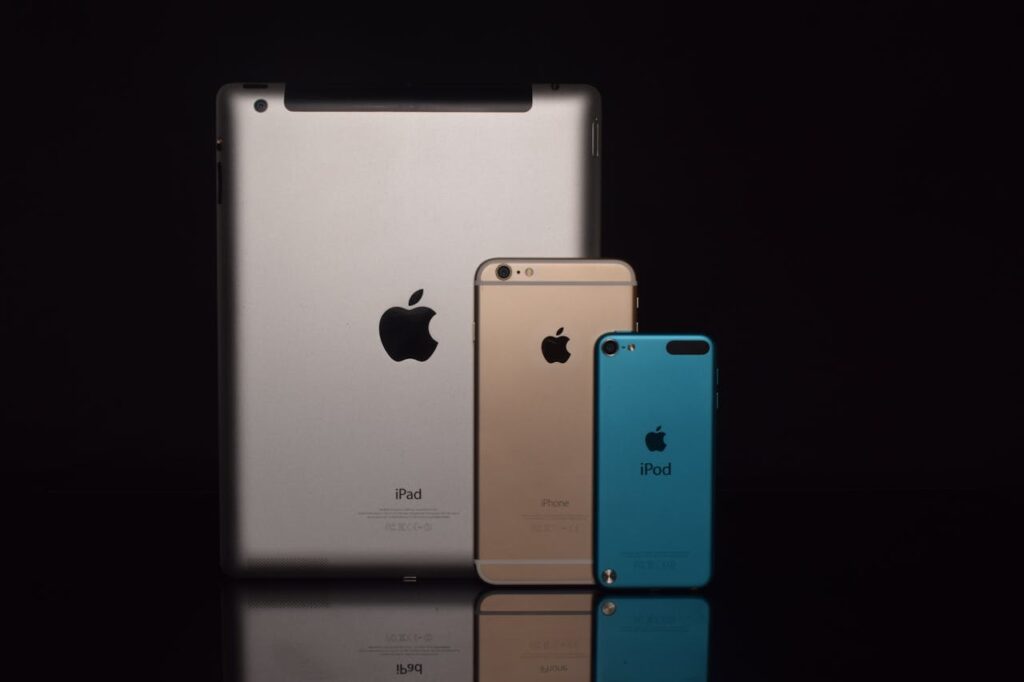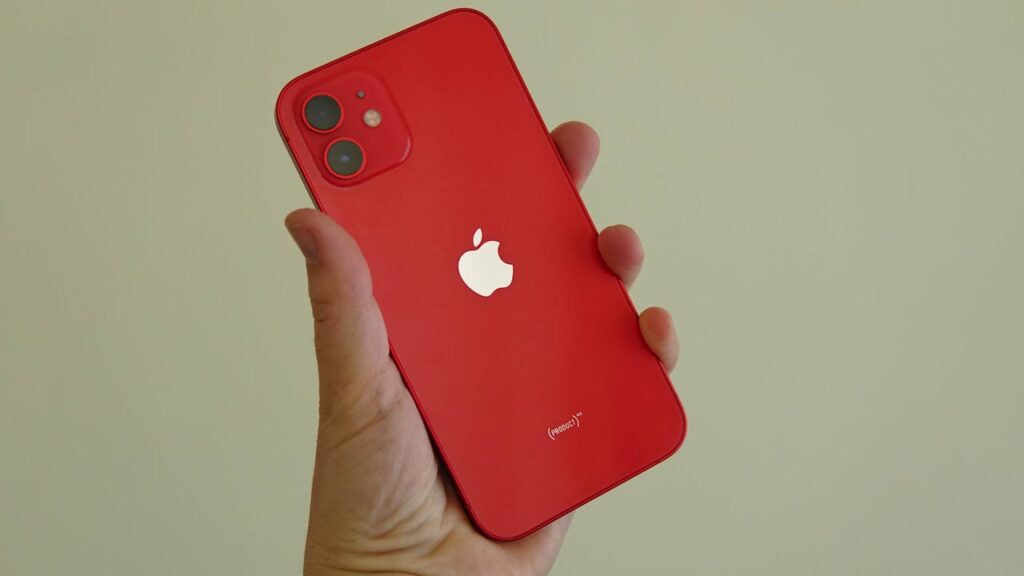iPhones in China with AI
To strengthen its foothold in the Chinese market, Apple Inc. has teamed up with Alibaba Group Holding Ltd. to integrate cutting-edge artificial intelligence (AI) features into iPhones sold in China.
This collaboration is a strategic effort to help Apple compete more effectively against local smartphone giants like Huawei, Xiaomi, and Vivo while also addressing its recent sales slump in the region. For Chinese consumers, this could mean smarter, more personalized iPhones tailored to their needs.
At the heart of this alliance is integrating Alibaba’s advanced AI technology into Apple’s devices, specifically designed for the Chinese market.
Alibaba’s Chairman, Joe Tsai, confirmed the partnership, noting, “Apple has been very selective. They talked to several companies in China and ultimately decided to do business with us.”
This decision came after Apple evaluated multiple potential partners, including Baidu, Tencent, ByteDance, and DeepSeek. Alibaba’s robust AI infrastructure and its vast repository of user data ultimately made it the preferred choice.
For Apple, this partnership is a calculated step to regain its competitive edge in China, where it has faced declining sales and increasing pressure from local brands.

In 2024, Apple lost its crown as the top smartphone vendor in China, with revenues in Greater China dropping by 11% to $18.5 billion.
By incorporating Alibaba’s AI capabilities, Apple hopes to offer features that resonate more deeply with Chinese consumers, such as enhanced language processing, smarter voice assistants, and AI-driven camera enhancements tailored to local preferences.
Market Response
The announcement of the partnership has already sparked optimism among investors. Alibaba’s stock saw a significant boost, climbing by 5.20 to124.73 in the latest trading session.
This surge reflects the market’s confidence in the potential of this collaboration to drive growth for both companies.
For Alibaba, the deal validates its AI expertise and positions it as a key player in the global tech ecosystem.
For Chinese consumers, this partnership could mean a more personalized and intuitive iPhone experience.
Imagine a voice assistant that understands regional dialects, a camera that optimizes settings for local lighting conditions, or AI-driven apps that seamlessly integrate with popular Chinese platforms like Taobao and WeChat.
These enhancements could make iPhones more appealing to a market with a strong preference for homegrown brands.
However, the success of these features will depend on how well they align with the preferences and behaviors of Chinese users. Apple and Alibaba will need to ensure that the AI integration feels natural and adds real value to the user experience.
For instance, Alibaba’s AI chatbot service, Qwen, could be integrated into Siri to provide more localized and context-aware responses.
Navigating a Tough Market
While the partnership is a promising step, analysts caution that it may not be enough to reverse Apple’s fortunes in China dramatically.
The smartphone market in the region is fiercely competitive, with local brands offering high-quality devices at lower prices. Additionally, Chinese consumers are becoming more cautious with spending, and brand loyalty to domestic companies remains strong.

Regulatory hurdles could also pose challenges. Both companies must navigate China’s strict data privacy and security laws to ensure that the AI features comply with local regulations. Moreover, the integration of AI into iPhones must be seamless and bug-free to avoid alienating users.
Broader Implications
For Apple, this partnership is about more than just boosting iPhone sales. It’s a strategic move to deepen its ties with the Chinese market and demonstrate its commitment to innovation.
By leveraging Alibaba’s AI expertise, Apple can offer a more localized product that appeals to Chinese consumers, potentially paving the way for future collaborations in other areas.
For Alibaba, the deal is a significant endorsement of its AI capabilities. It enhances the company’s reputation as a leader in AI and opens doors for future partnerships with other global tech giants.
The collaboration with Apple could be a blueprint for how Alibaba’s AI technology can be integrated into other consumer electronics and services.
While the Apple-Alibaba partnership holds great promise, its success will ultimately depend on execution. Both companies will need to work closely to ensure that the AI features are seamlessly integrated into iPhones and deliver tangible benefits to users.
Consumer reception will be critical, as will the ability to navigate the complexities of the Chinese market.
In summary, this partnership represents a significant step forward for both Apple and Alibaba. By combining Apple’s hardware expertise with Alibaba’s AI prowess, the two companies aim to create a more compelling iPhone experience for Chinese consumers.
While challenges remain, the collaboration underscores the importance of innovation and localization in today’s competitive tech landscape.










